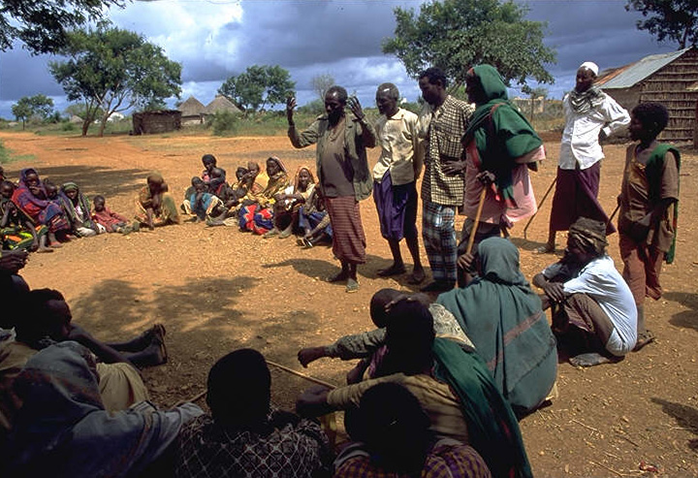The Cross Cultural Assessment Tool
The Cross-Cultural Assessment Tool was developed in 2010 by ARI and 361 Interactive with the support of funding through the Small Business Innovation Research effort. The tool is a standalone battery of questions that is administered on a computer and assesses an individual Soldier’s cross-cultural competence. The questions generate mission-relevant competence ratings, descriptions of individual strengths and weaknesses and how these can impact mission performance, as well as suggestions for improvement. The test is based on research conducted by the same team that created a developmental (“stage”) model of cross-cultural competence, describing affective, behavioral and cognitive dimensions of competence.
The stages are identified as:
- pre-competence
- beginner
- intermediate, and
- advanced.
The model identifies a variety of KSAAs that are critical to cross-cultural competence and places each of them in one of five components. The purpose of the test is to assess culture-general performance skills— from general, to task-oriented, to mission-centric—and is based on the specific mission demands of Army Soldiers in cross-cultural environments. Importantly, it combines multiple methodologies, including self-report measures and situational judgment tests and scenarios. Furthermore, leaders and trainers are able to review assessment data at the individual or unit levels. It can be used longitudinally to assess changes in cross-cultural competence among Soldiers or units over time. It can be used to help highlight gaps in individual cross-cultural competence.
C-CAT is currently being used by the John F. Kennedy Special Warfare Center and School (JFKSWCS) within cultural training curricula and by the Army ROTC to assess the impact of their overseas immersion program.
Additional Culture Training from 361 Interactive:
Training Cross-Cultural Skills
CultureGear is a three-year project sponsored by the Office of Naval Research developing an online training tool that promotes culture-general assessment, perspective taking and analysis skills in Special Forces Soldiers and junior Warfighters. Each person receives customized feedback on their individual strengths and weaknesses and is guided to specific areas of the tool where they can address these weaknesses and learn how to best leverage their cultural strengths. Current partners include JFKSWCS in Fort Bragg and multiple USMC entities.
Multi-Cultural Perspective Taking
Warfighters in the contemporary operating environment must be able to understand the perspectives of those with whom they are interacting in foreign countries to better appreciate and influence those within these cultures. This ability, referred to as multicultural perspective taking (MPST), can support Warfighters in more accurately interpreting, understanding and predicting the actions and attitudes of others. In order to develop effective assessment and training tools that address MPST, the research community must first have a valid, research-based model of the MPST process. Once this model has been validated, it could serve as a foundation from which trainers will be able to design effective, cognitively authentic MPST training.
